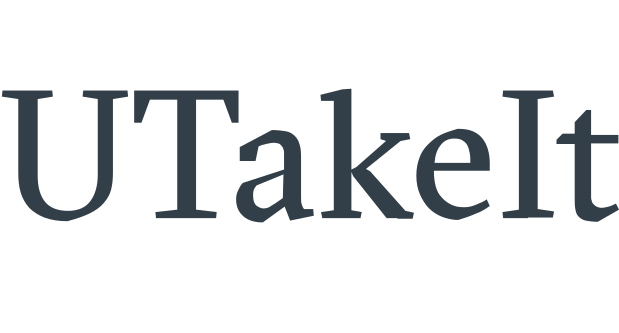
Strategies for Effective and Inclusive CS Teaching
Course purpose: Equip teachers with the knowledge and skills needed to create inclusive CS courses and programs of study that support the success of diverse students in computing.
Registration End
Aug. 1, 2022, 11 a.m.
7 weeks
Self-Paced
4 hours
per week
28.00
CPE
hours available
Registration Ends: Aug. 1, 2022, 11 a.m.
Duration: 7 weeks, Self-Paced
Time Required: 4 hours per week
CPEs: 28.00 CPE hours available
Certificate Program:
About this Course
The goal of this course is to support more equitable and inclusive classroom environments so that all students, especially those from marginalized communities, build a sense of belonging and identity in computer science (CS). The course aims to provide K-12 teachers with equity-focused professional learning experiences and research-based tools so they are equipped to embrace diversity and focus on equitable access to, participation in, and experiences of CS in their schools and classrooms. The course includes topics such as:
- Inclusive recruitment strategies
- Working with course gatekeepers such as counselors and other teachers
- Examining your own unconscious bias
- Leveraging CS as a tool for addressing social justice
- Culturally responsive pedagogy
- CS for neurodiverse learners
- Intersectionality and its impact on CS identity
- Applying research-based strategies such as pair programming, CS role models, connecting CS to students’ lives, and building a growth mindset specific to CS
Since the content addresses sensitive topics on equity, diversity, and inclusion, the course makes use of a combination of online content and activities, interactive discussion boards, and supplemental live meetings (in person or online) with your own Professional Learning Cohort. This creates opportunities to share thoughts, feedback, and constructive criticism in a format that is most comfortable for you. Further, the course uses "in the field" activities, such as classroom observation and practical implementation, to enhance the learning experience and ensure your ability to apply the concepts and techniques throughout the course. Each participant will complete the course by producing a working action plan as culmination of the learning experience.
Individuals interested in enrolling in this course or being trained as a course facilitator should complete this interest form to be notified when the next open enrollment is available. Course enrollment is free. Leaders or organizations interested in partnering with UT Austin to offer a facilitated course for a cohort of teachers should contact Allen Antione, Director of CS Education Strategy for EPIC, at aantione@tacc.utexas.edu to discuss facilitated options.
This course was developed with funding from Google , NSF (#1822011), and the Siegel Family Endowment.
Course Goals and Objectives
- Define and explore equity and social justice as they relate to education, teaching, and the K-12 CS classroom.
- Explore the racial, ethnic, gender or socio-economic demographics of CS programs and their impact on student participation, access, and experience.
- Practice techniques for creating an equitable CS classroom through examination of personal identity, beliefs and unconscious biases, as well as curriculum choices, messaging, and outreach to parents and students.
- Learn valuable techniques for leading, participating in, and growing with a community of practice that fosters self-reflection and courageous conversations surrounding CS and its relationship to culture.
Personal Enrollment
Free
Enroll and gain immediate access to the course.
